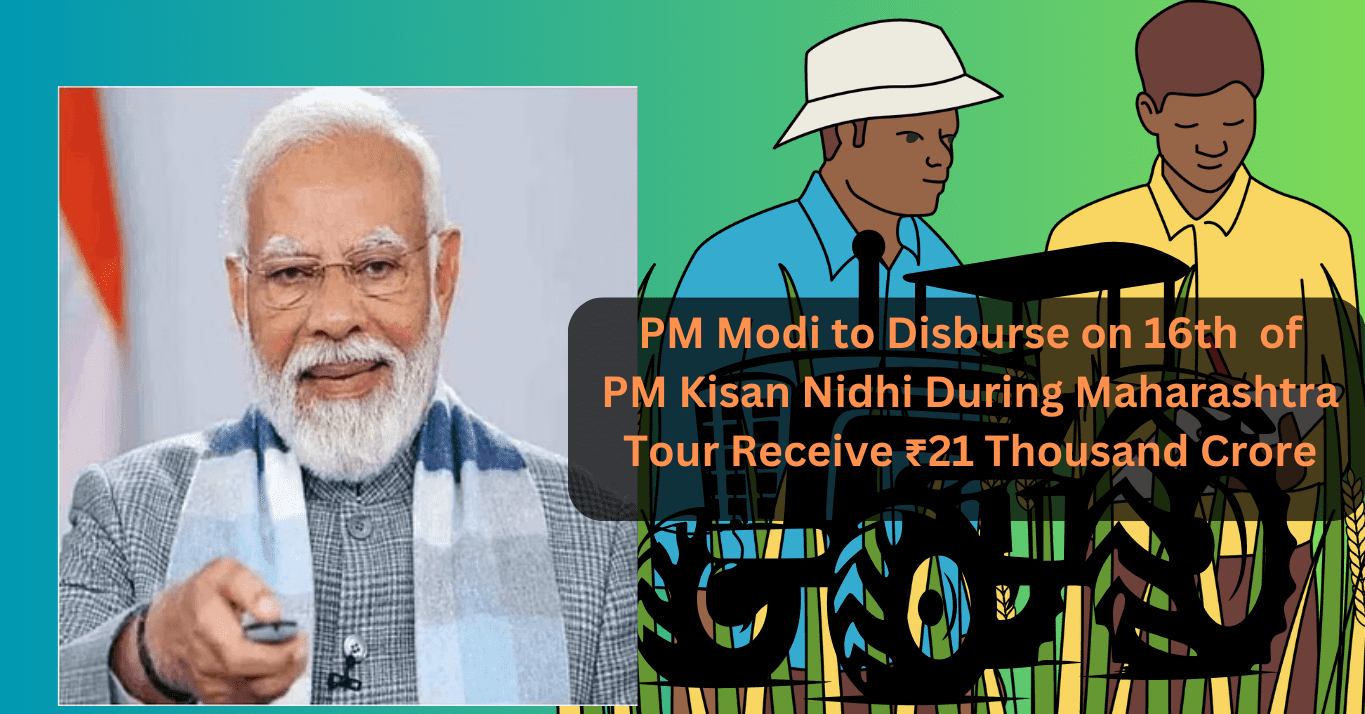Introduction
Swami Prasad Maurya is a name that resonates deeply within the political corridors of India, particularly in Uttar Pradesh. Known for his significant influence and dynamic political maneuvers, Maurya has carved a niche for himself over the decades. Now, an intriguing twist is unfolding in his political saga: the idea of sharing his political seat with his son. This strategy, while not entirely new globally, is stirring debates and speculations in the Indian political arena. Let’s dive deep into this potentially game-changing tactic.
Background of Swami Prasad Maurya
Early Life and Political Career
Swami Prasad Maurya’s journey into politics is both inspiring and instructive. Born into a humble family, his rise to prominence was driven by sheer determination and an acute understanding of grassroots politics. Maurya’s initial foray into politics was marked by his association with the Bahujan Samaj Party (BSP), where he championed the cause of marginalized communities.
Significant Achievements and Contributions
Throughout his career, Maurya has been a stalwart advocate for social justice. His tenure in various ministerial roles in Uttar Pradesh saw significant reforms aimed at improving education, employment, and social welfare for underprivileged sections. His ability to connect with the masses has been a cornerstone of his enduring political presence.
The Emergence of His Son in Politics
Who is His Son?
Swami Prasad Maurya’s son, whose name is Ashok Maurya, is stepping into the political limelight. With a background in law and an active interest in social issues, Ashok represents the new generation of political leaders who are tech-savvy and adept at leveraging social media to connect with younger voters.
His Son’s Political Journey So Far
Ashok Maurya’s political journey, though nascent, shows promise. He has been actively involved in community work and has assisted in his father’s campaigns, gaining valuable insights and experience. His fresh perspective and modern approach to politics make him a potential asset in the evolving political landscape.
The Concept of Shared Political Seats
Historical Precedents in Politics
The idea of shared political seats isn’t entirely new. History offers several instances where family members have succeeded each other or shared responsibilities. In India, political dynasties are quite common, with families like the Gandhis, the Nehru-Gandhi family, and the Yadavs from Uttar Pradesh being prominent examples.
Examples from Other Countries
Globally, the concept of shared or succession politics is also evident. The Kennedy family in the United States and the Bhutto family in Pakistan have shown how political legacies can be managed across generations. These examples highlight both the potential advantages and pitfalls of such arrangements.
The Strategy Behind Father-Son Sharing a Seat
Political Advantages
The primary advantage of a father-son duo sharing a political seat is continuity. It ensures that the political agenda and developmental projects initiated by the father are seamlessly carried forward by the son. This arrangement can also galvanize the support base, appealing to both older and younger voters, thereby broadening the electoral appeal.
Potential Risks and Challenges
However, this strategy is not without its risks. Critics argue that it undermines democratic principles by promoting nepotism. There’s also the challenge of whether the son can truly match the father’s political acumen and leadership skills. Additionally, the electorate’s acceptance of this arrangement is crucial for its success.
Public Reaction and Perception
Supporters’ Views
Supporters of Swami Prasad Maurya see this move as a positive step towards ensuring stability and continuity. They believe Ashok Maurya brings a fresh perspective while being deeply rooted in the political ethos established by his father. This dual approach could be beneficial for long-term developmental goals.
Critics’ Opinions
On the flip side, critics argue that this strategy reeks of dynastic politics, which could alienate voters who favor meritocracy over lineage. There are concerns about whether Ashok has the requisite experience and charisma to step into his father’s shoes. This skepticism could pose significant hurdles.
Impact on the Political Landscape
Short-term Impacts
In the short term, this move could energize the political base, creating a buzz and drawing attention to the constituency. It may also lead to a consolidation of votes from different demographics, provided the campaign is managed effectively.
Long-term Consequences
Long-term consequences could vary. If successful, it might set a precedent for other political families, potentially leading to a broader acceptance of such strategies. However, if it fails, it could become a cautionary tale about the perils of dynastic politics.
Conclusion
The concept of Swami Prasad Maurya and his son Ashok sharing a political seat is a fascinating development in Indian politics. It blends the experience and established presence of the father with the fresh energy and modern outlook of the son. While it holds significant promise, its success hinges on public acceptance and the effective execution of their political vision.













